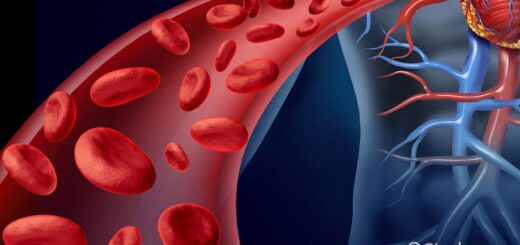Eating Disorders have Negative Effects on Health

Eating disorders are psychiatric illnesses that result in abnormal eating patterns that have a negative effect on health.
Eating disorders, characterized by unhealthy eating habits and a distorted body image, have become a growing concern in today’s society. These disorders, including anorexia nervosa, bulimia nervosa, and binge eating disorder, not only affect individuals’ mental well-being but also have severe negative effects on physical health. In this article, we will explore the various ways in which eating disorders can compromise one’s overall health.
Malnutrition and Its Consequences:
One of the most immediate and noticeable impacts of eating disorders is malnutrition. Individuals with anorexia nervosa, for example, often restrict their food intake significantly, leading to a lack of essential nutrients such as vitamins, minerals, and proteins. Malnutrition can result in fatigue, weakness, dizziness, and hair loss. Over time, it may lead to more severe complications, including organ failure.

Weakened Immune System:
A compromised immune system is a common consequence of eating disorders. The body’s ability to fight off infections and illnesses is diminished due to inadequate nutrition. As a result, individuals with eating disorders are more susceptible to common infections, and the recovery process can be prolonged.
Cardiovascular Issues:
Eating disorders can take a toll on the cardiovascular system. For instance, individuals with bulimia nervosa may engage in episodes of binge eating followed by purging through vomiting or excessive exercise. This can lead to electrolyte imbalances, dehydration, and irregular heart rhythms. Long-term consequences may include heart failure, which poses a serious threat to overall health.

Bone Health:
Inadequate nutrition and hormonal imbalances associated with eating disorders can have detrimental effects on bone health. Osteoporosis, a condition characterized by weakened and brittle bones, becomes a significant risk. This increases the likelihood of fractures and other bone-related issues, impacting an individual’s mobility and quality of life.
Hormonal Imbalances:
The endocrine system, responsible for regulating hormones, is adversely affected by eating disorders. Irregular menstrual cycles, infertility, and disruptions in the production of essential hormones can occur. Hormonal imbalances can impact various bodily functions, including metabolism, mood regulation, and reproductive health.







